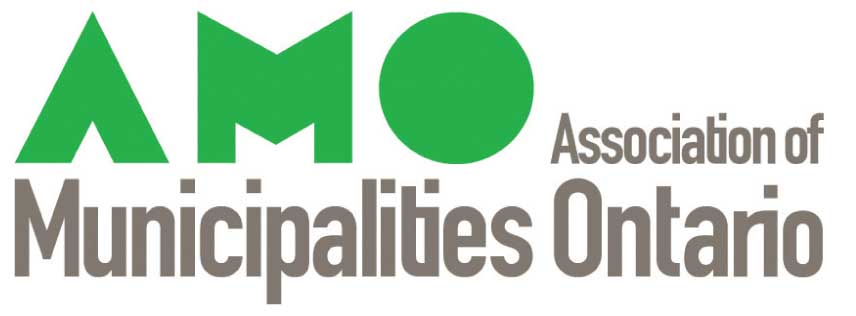TORONTO—The Association of Municipalities of Ontario (AMO) is warning that the government of Ontario’s new policing bill would increase costs, while reducing local say and oversight in many communities. And the chair of the Manitoulin Municipal Association (MMA) supports this position.
AMO made dozens of recommendations during a five-year review process, but struggled to get the province to recognize municipal fiscal issues. Ontarians pay the highest policing costs in Canada, an AMO release notes.
“This bill makes reforms without providing municipal governments with the resources and local flexibility to make meaningful changes in public safety,” said AMO president Lynn Dollin. “Municipal governments must be able to afford policing, plus all the other equally important local services that create safe and healthy communities.”
“Police costing makes up about 25 percent of our municipal budget. What is this bill going to do, jump this to 35 percent?” queried Ken Noland, chair of the MMA. “Policing in Ontario is unsustainable and this newest legislation isn’t helping.”
AMO feels the new bill fails to improve interest arbitration, which usually duplicates police and fire wage deals from other communities. Arbitrators should consider a community’s capacity to pay, and agreements negotiated with other local municipal employee unions, when deciding raises for emergency service workers.
The bill fails to provide police services board with the flexibility to use civilians for some duties that don’t require a sworn officer. Such locally based decisions can help deliver more effective and affordable service, says AMO. The bill would eliminate more than 100 police services boards, without clear new resources to fund the work.
AMO says the bill would eliminate more than 100 police service boards in communities that contract with the Ontario Provincial Police to provide local policing. Aligning boards with OPP detachments reduces municipal voice and oversight.
As well, AMO feels the bill would require municipal governments to create Community Safety and Well Being Plans that bring together policing, health services and various other social services. Unfortunately, councils don’t have authority over all of these services to implement these plans, says AMO. Such plans should be voluntary to meet specific community circumstances.
“Municipal costs are going up about $1 billion per year, just to deliver current services. This bill introduces new unfunded mandates on top of those costs,” Ms. Dollin said. “Municipal governments are forced to either cut services or hike property taxes to worrisome levels.”





